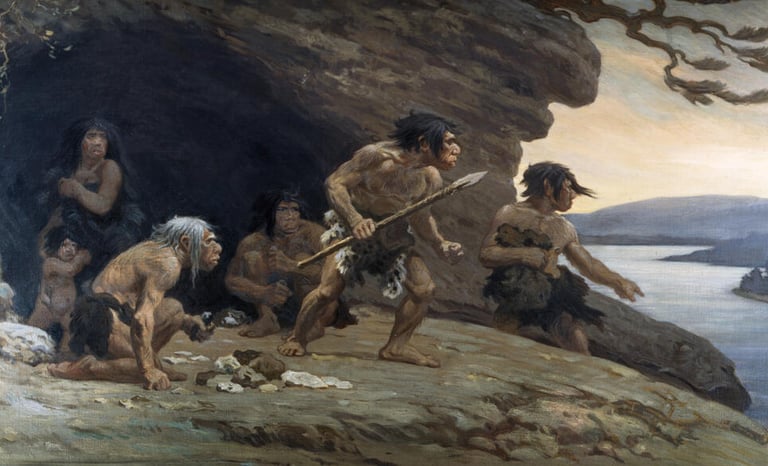Who Invented AI? A Look at the Origins of Artificial Intelligence
Artificial intelligence is changing the world — but where did it begin? This article breaks down who first came up with the idea of AI, the early pioneers who shaped it, and how we got from theory to today’s tech explosion.
7/11/20251 min read


AI may feel like a futuristic breakthrough, but its roots go way back — not just decades, but centuries. While today’s tools like ChatGPT and Midjourney feel brand new, the idea of creating “thinking machines” has been simmering in human imagination for a long time.
So who actually invented artificial intelligence?
🧠 The Concept Predates Computers
The earliest “AI” ideas came from mythology and philosophy. Ancient Greeks told stories of mechanical servants and artificial beings. In the 1600s, mathematicians like Leibniz dreamed of symbolic logic — a key foundation of how machines would later be taught to reason.
But AI as a scientific field? That started much later.
🧑🔬 Alan Turing: The Godfather of AI
In the 1940s, British mathematician Alan Turing asked a groundbreaking question:
“Can machines think?”
He introduced the concept of a “universal machine” — capable of performing any calculation — and in 1950, published the famous Turing Test to determine if a machine could mimic human intelligence convincingly.
Turing didn’t build AI as we know it — but he lit the match.
🧠 The Birth of AI as a Field: 1956
The term “artificial intelligence” was officially coined at the Dartmouth Conference in 1956. The key minds behind this pivotal moment:
John McCarthy (who named the field “AI”)
Marvin Minsky
Claude Shannon
Allen Newell & Herbert Simon
They believed that machines could one day simulate human learning and problem-solving. That conference marked the birth of AI as a discipline — and launched decades of research, funding, and dreaming.
⚙️ From Theory to Tools
It took time — and massive computing power — for those early ideas to become reality. But today, we’re living in the age that Turing and McCarthy only imagined:
Chatbots that pass the Turing Test
AI that writes code, paints art, drives cars
Systems that learn without being explicitly programmed
What started as an idea is now shaping the future.
🧬 Final Thought
AI didn’t appear overnight. It was imagined by philosophers, sparked by mathematicians, and built by scientists who believed the impossible.
Understanding where it came from helps us understand where it’s going — and how to shape it responsibly.
Don't Miss The Wave
Explore AI's benefits for everyday people today.
Contact
what's new in ai
info@dontmissthewave.com
© 2025. All rights reserved.
